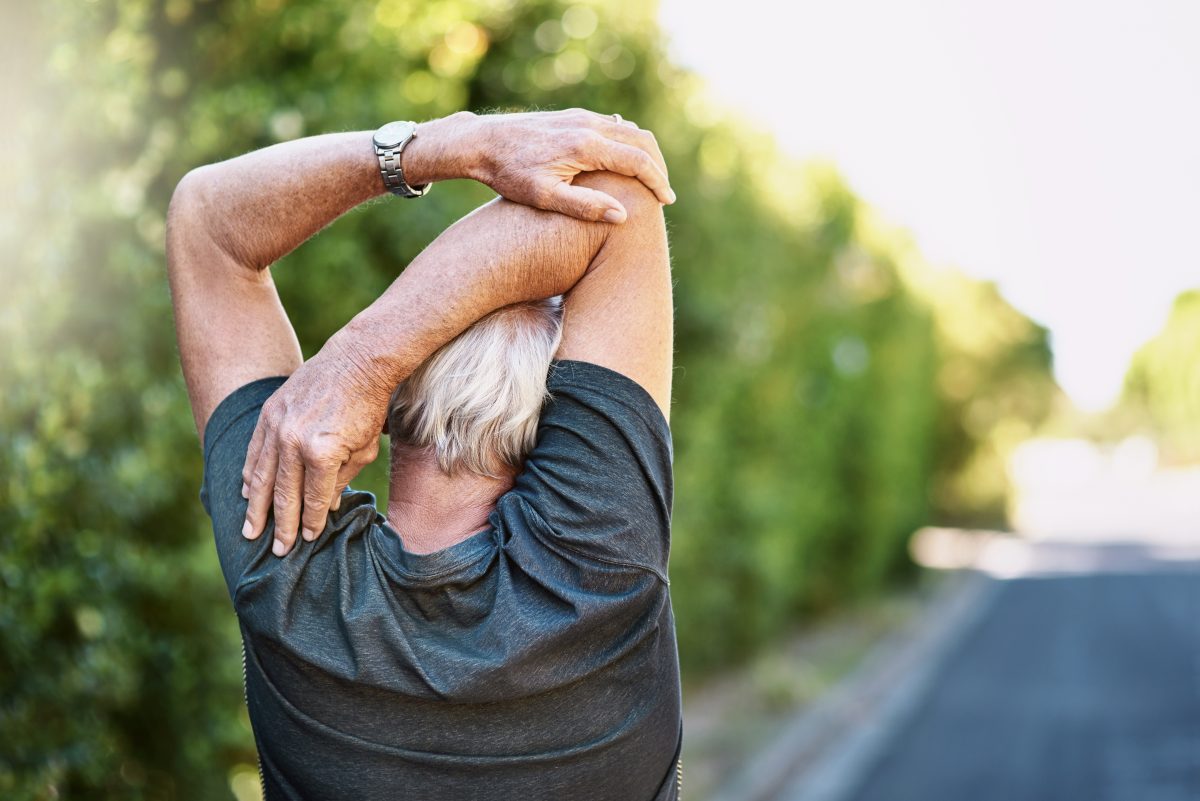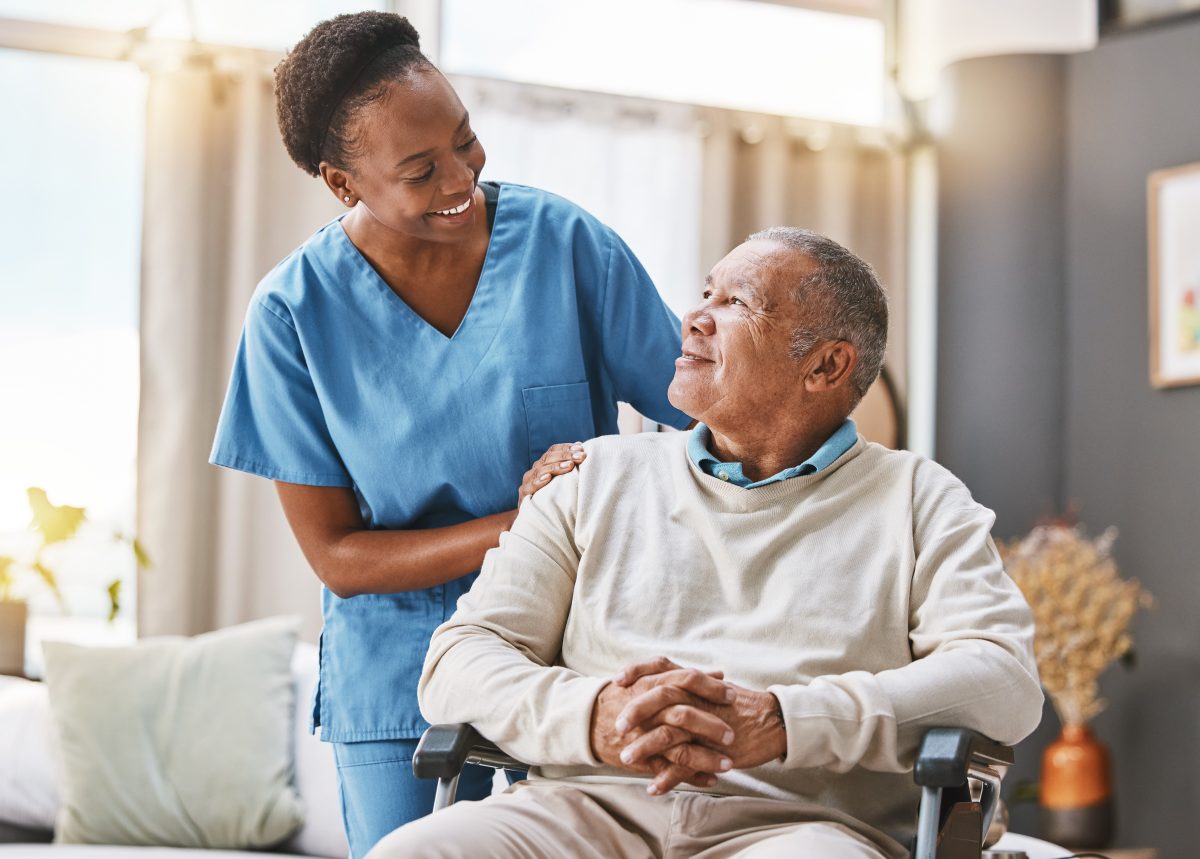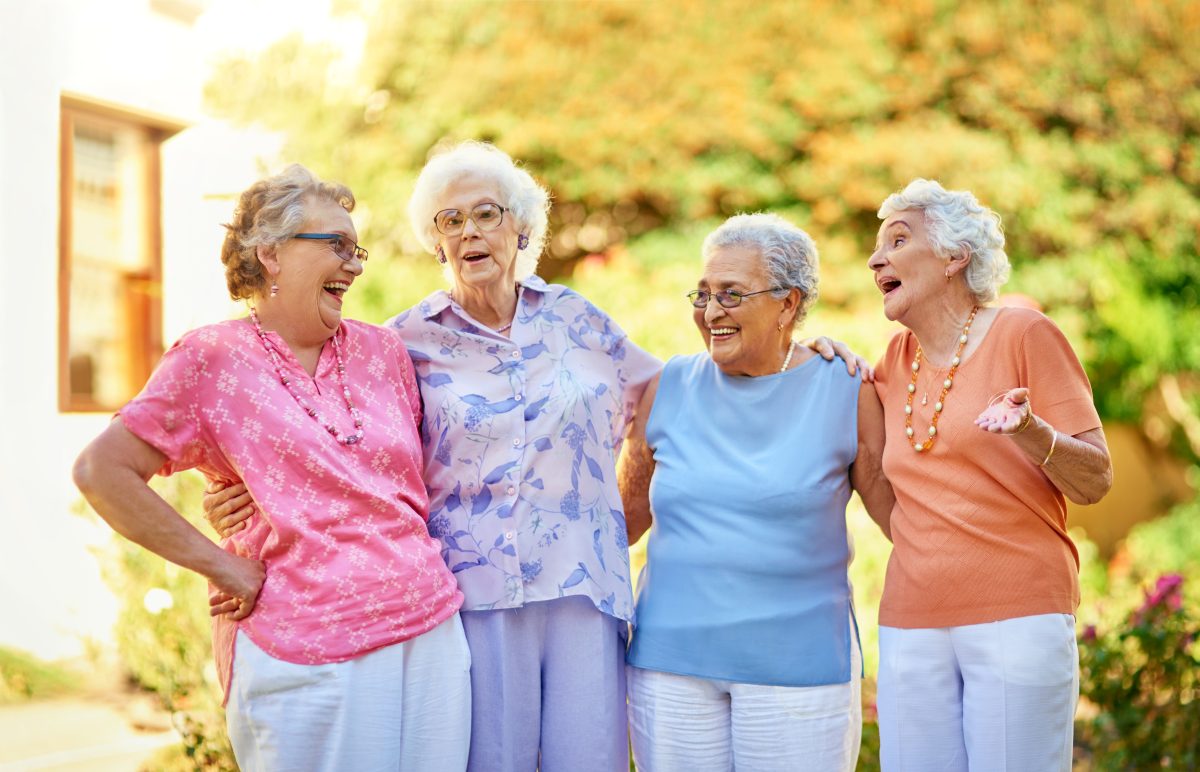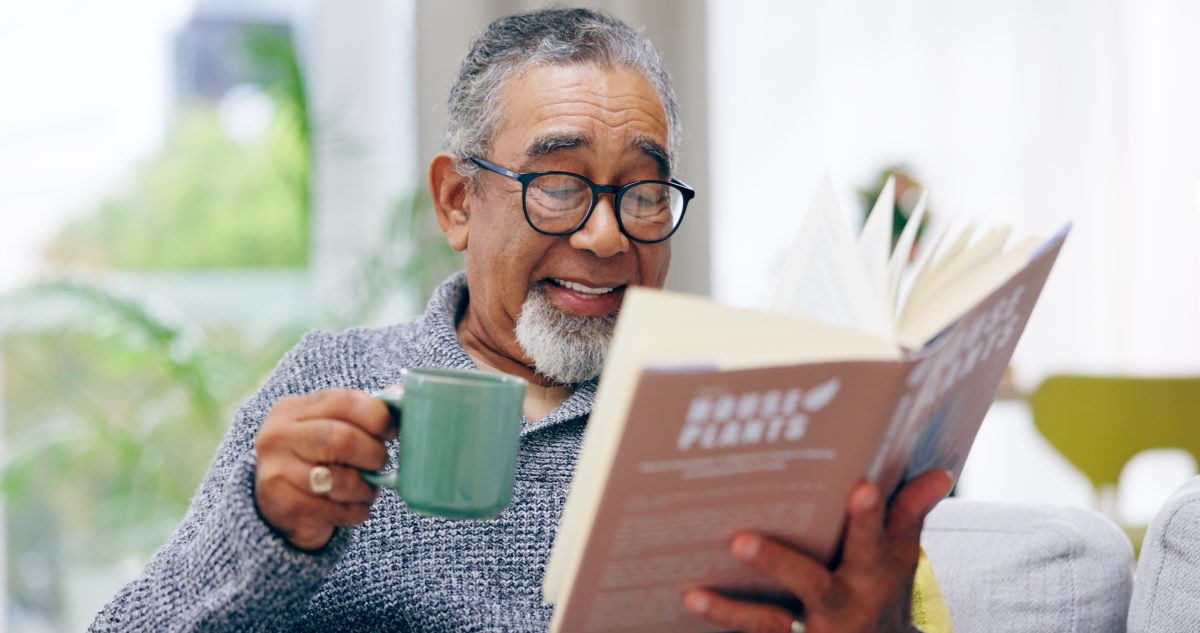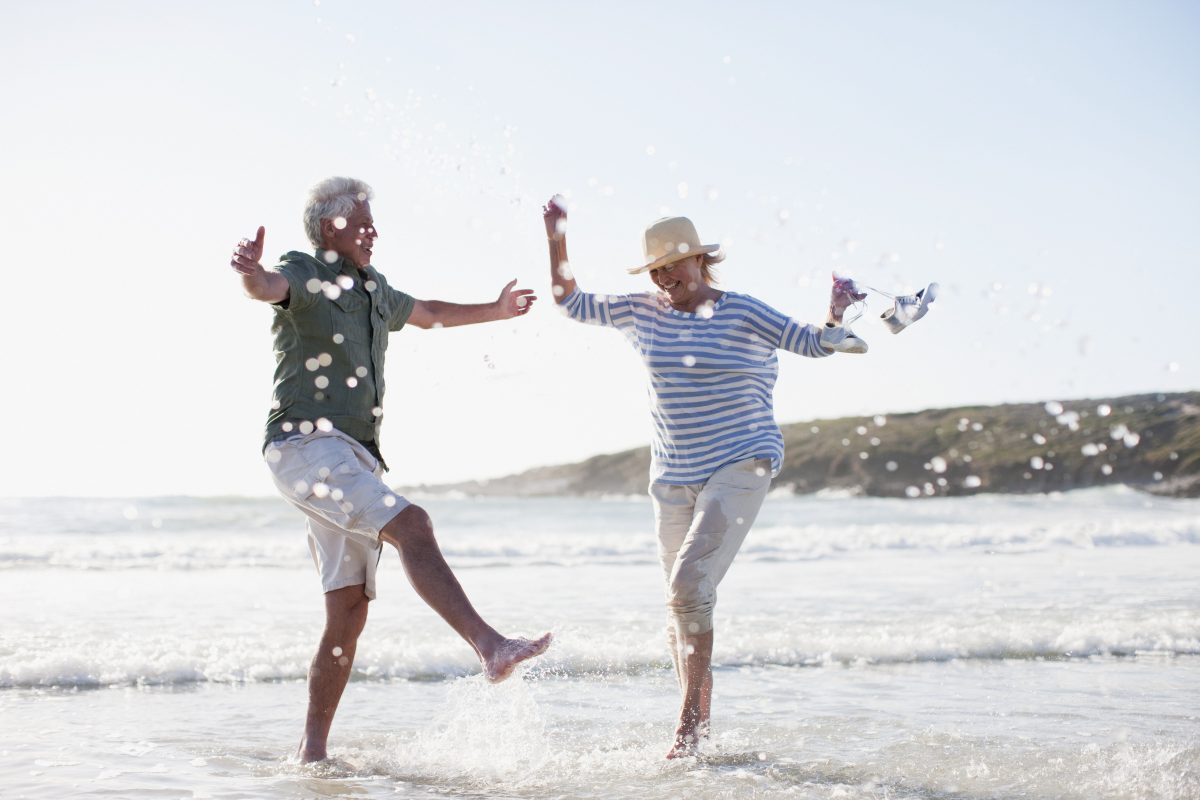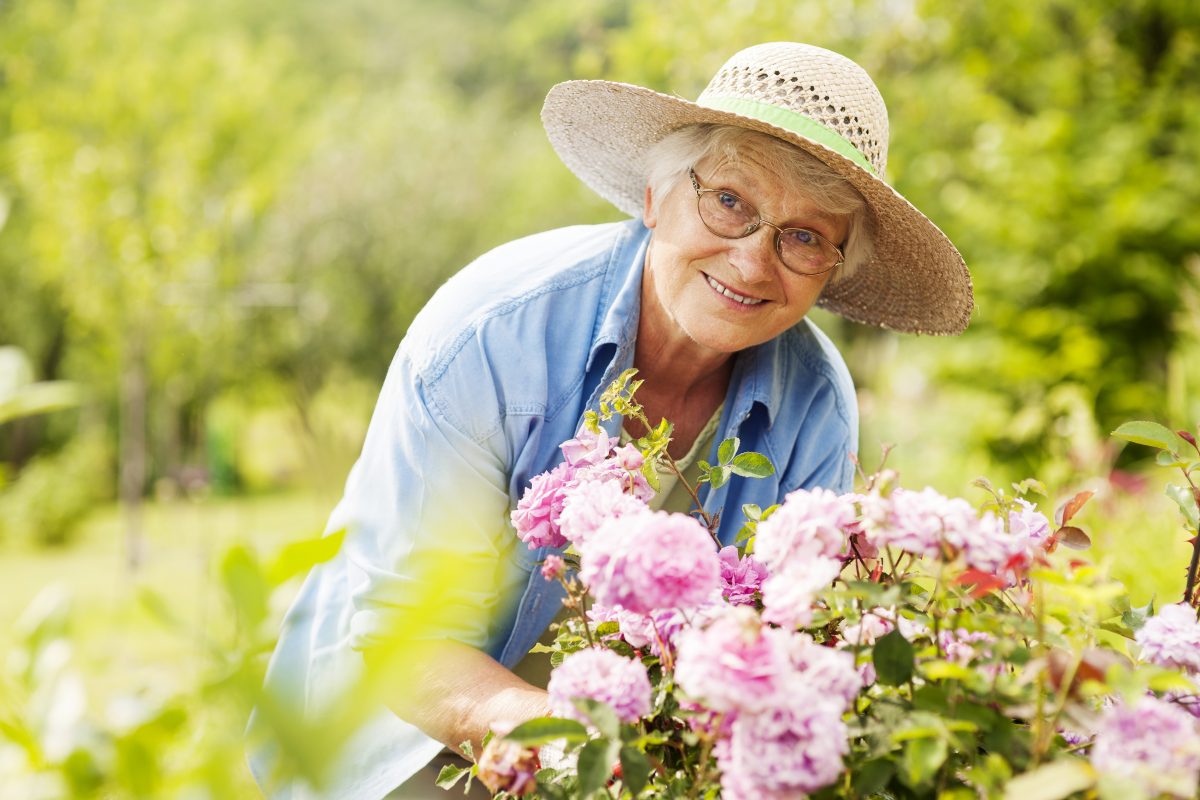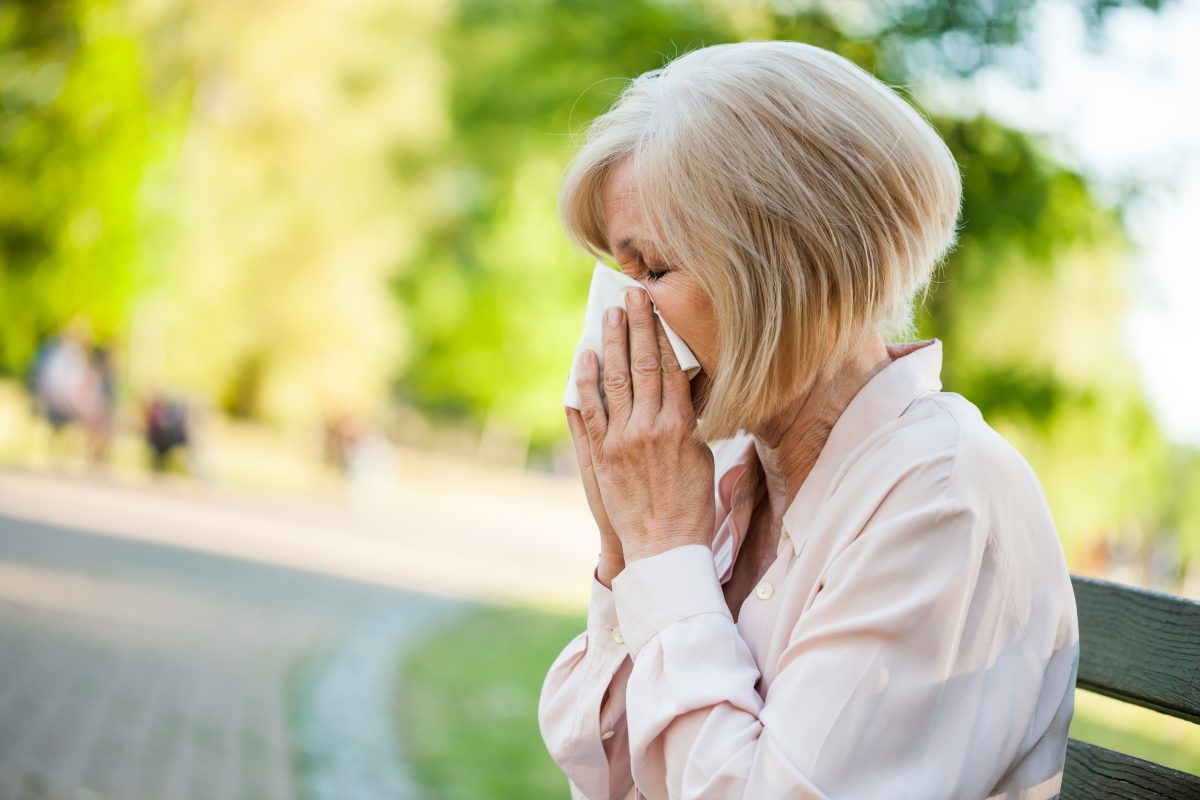No two situations are exactly alike, and there are a lot of factors to weigh when considering moving to assisted living, whether for yourself or a loved one. Here are five signs that it might be time to start thinking about making the move to assisted living.
- You Want to Expand Your Social Circle
As you or your loved one gets older and enjoys retirement, social circles can sometimes feel like they’re shrinking. Your friends may have moved away to be closer to their children or relationships you had during your working life have drifted apart.
2. Accidents and Falls are More Frequent
As the leading cause of injury among older adults, falls are often caused by an older home that isn’t designed with senior safety in mind. Car accidents also pose a major risk for serious injury for older adults. Especially if you or a loved one lives alone, making driving a necessity.
3. Home Maintenance Struggles
Aging often causes physical strength to decline. This can make it more difficult for you to keep up with housework and yard maintenance. Mowing the lawn, shoveling snow, and cleaning out the refrigerator can be difficult and even unsafe.
4. Difficulty Leaving Home
If you are having difficulty leaving your home you may benefit from moving to an assisted living community. McPeak’s offers expert staff who work with your needs. Plus all kinds of life enriching activities, fun programs, and transportation services are included to keep you engaged and comfortable.
5. Getting the Right Nutrition
One of the best things about assisted living communities is the restaurant-style dining rooms with well-balanced chef-inspired meals, snacks, and catered meal plans. You might benefit from an assisted living community if you find yourself skipping meals or relying on unhealthy fast foods.
Still not sure if assisted living is right for you? Feel free to reach us at (631) 475-0445 to answer any and all questions you may have.

